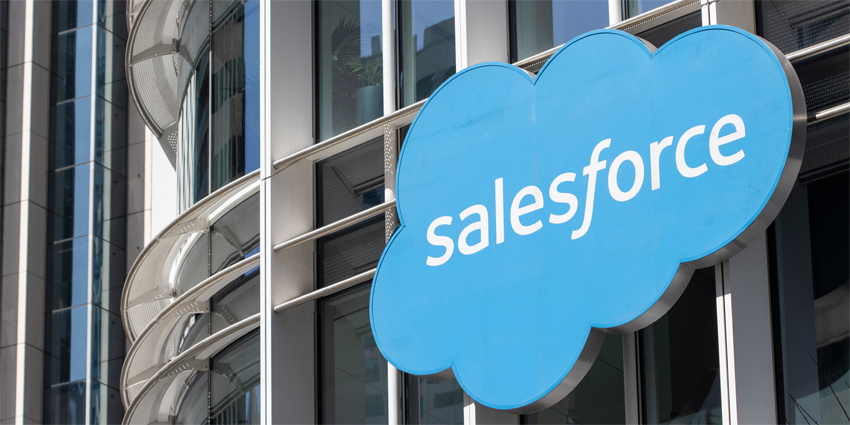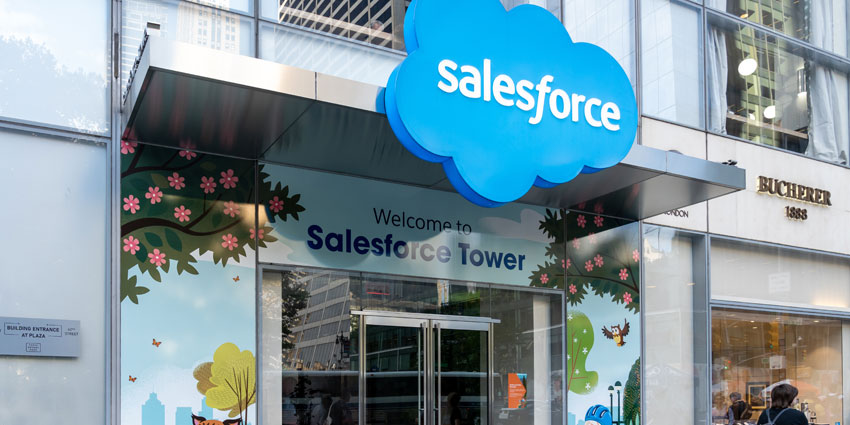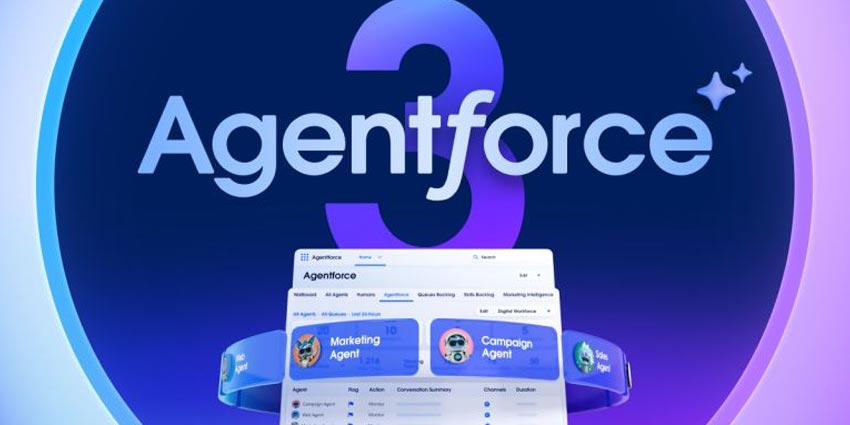For years, companies have paid platforms such as Facebook, Google, or Amazon for data that improves ad targeting. Why? Because they lack the first-party data for targeted, direct engagement.
Yet, in the digital-first world, brands that know customers the best – and harness this knowledge to improve CX – are likely to prevail.
In such a reality, third-party data loses its relevance. Moreover, companies need an entire data layer to make sense of all the customer data points they monitor.
Twilio is aiming to push back against this unfortunate truth. The vendor is helping companies to track every click, scroll, eCommerce purchase, service query, and more, enabling its clients to create audiences from these specific traits.
Going into more detail during his session at CDP Week 2022, Jeff Lawson, CEO of Twilio, stated:
Whether you are launching a localised email campaign that you want customers to actually read and care about, or whether you are serving ads based on this first-party data, you can create a better lookalike audience. The enhanced relevance to the customer is what drives better conversion.
An excellent example of how a brand has exploited first-party data to enhance the relevance of its customer engagement initiatives is Domino’s Pizza.
The restaurant chain’s Mexico division was its first to create hyper-personalized audiences to increase return on ad-spend revenue and secure more purchases across all its eCommerce channels.
To do so, Domino’s turned to Twilio Segment and secured a 23 percent incremental increase in the Facebook conversions for customer acquisition.
Such initiatives will likely grow more popular as data privacy remains central to customer trust. Adding to this trend is the downfall of third-party cookies, already blocked in Firefox and Safari. Google Chrome will also stop using them before the end of 2023.
Recent Twilio research suggests that over half of companies are not ready for this change. Meanwhile, over 80 percent of businesses are still relying on third-party cookies.
Speaking directly to these companies, Lawson said:
First-party data is the key, not only for future-proofing against privacy and regulatory changes, and gaining consumer trust, but also driving growth efficiency at the very same time.
Lawson referenced the direct-to-customer (D2C) movement as an example of this. “Leaning into D2C more enables businesses to build these direct, personal, and memorable relationships with their customers,” he added.
Indeed, D2C is not only disrupting how brands engage, interact, and market to their customers but also helping to drive customer loyalty and increase profit margins.
Twilio Segment is supporting such strategies. It enables companies to leverage first-party customer data to build efficient and effective customer experiences that drive lower customer acquisition costs and higher lifetime value.
As Lawson said: “Who doesn’t want that?”
In other Segment news, Twilio is planning to launch its much-awaited Engage solution. Harnessing the capabilities of the CDP platform, the offering will support CX and marketing teams in building intelligent digital experiences faster.







